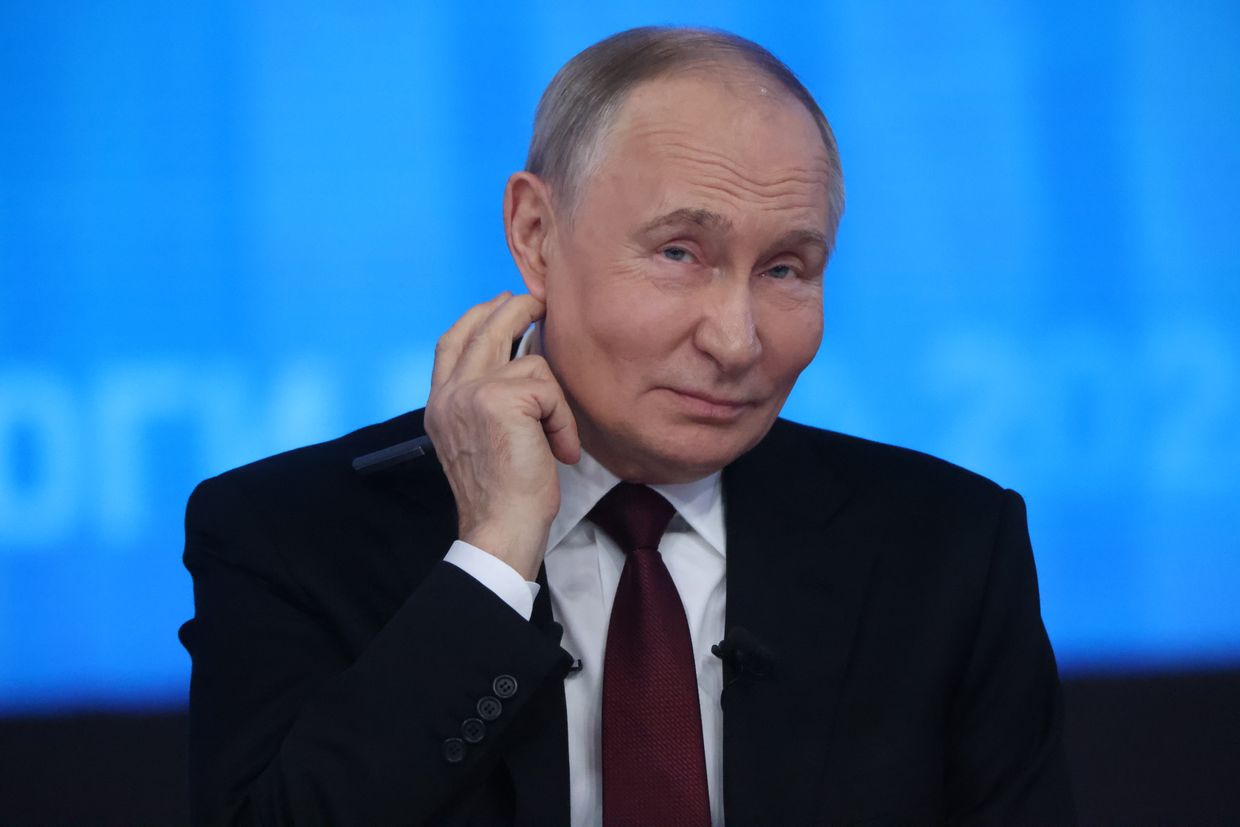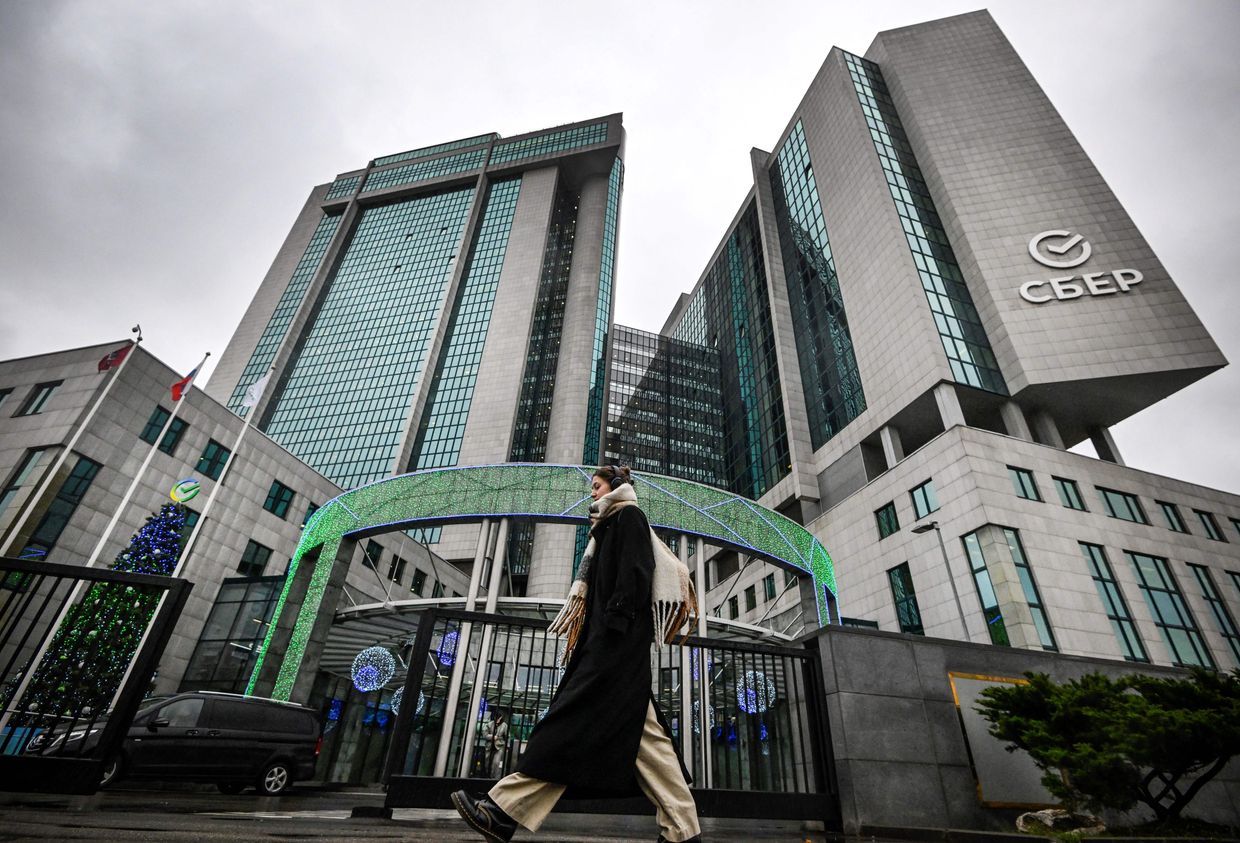The U.S. Treasury Department has targeted actors involved in a sanctions evasion scheme facilitating cross-border payments for sensitive goods between China and Russia as part of a new package of sanctions, according to a Jan. 15 announcement.
The U.S. Treasury imposed new sanctions on a total of over 150 entities and individuals, including companies in Russia’s defense industry and those supporting it, as well as dozens of entities across multiple countries that help Russia evade U.S. sanctions.
The Treasury also expanded measures against almost 100 entities already under sanctions for their cooperation with Russia’s military-industrial complex.
"Today's actions frustrate the Kremlin's ability to circumvent our sanctions and get access to the goods they need to build weapons for their war of choice in Ukraine," said Deputy Secretary of the U.S. Treasury Wally Adeyemo.
Moscow and Beijing set up regional clearing platforms (RCPs) in both Russia and China to act as counterparties for cross-border payments for sensitive goods. This allows for non-cash mutual payments for sanctioned goods, according to the Treasury.
The Russian-Chinese scheme involves Russian financial institutions on the U.S. sanctions list, such as Public Joint Stock Company Sberbank of Russia, Joint Stock Company Alfa-Bank, Open Joint Stock Company Sovcombank, T-Bank, and Limited Liability Company Bank Tochka.
The sanctions also target OJSC Keremet Bank, based in Kyrgyzstan, which has been coordinating with Russian officials and Promsvyazbank, a Russian bank under U.S. sanctions, to evade sanctions since the summer of 2024.
In 2024, the Kyrgyz Finance Ministry sold a controlling stake in Keremet Bank to a firm closely linked to Russian-Moldovan oligarch Ilan Shor, who has ties to the Russian government.
The purchase of Keremet Bank was intended to create a hub for circumventing sanctions through which Russia could pay for imports and receive payments for exports, according to the statement.
The new sanctions also target 20 Russian energy companies and over 30 organizations and institutions from the defense and related sectors.
Earlier on Jan. 10, the U.S. and U.K. imposed broad sanctions against the Russian oil industry, taking aim at Moscow's so-called "shadow fleet." The restrictions targeted nearly 200 vessels, along with Russian oil companies and industry officials.
President Volodymyr Zelensky praised the sanctions as a "significant blow to the financial foundation of Russia's war machine."














